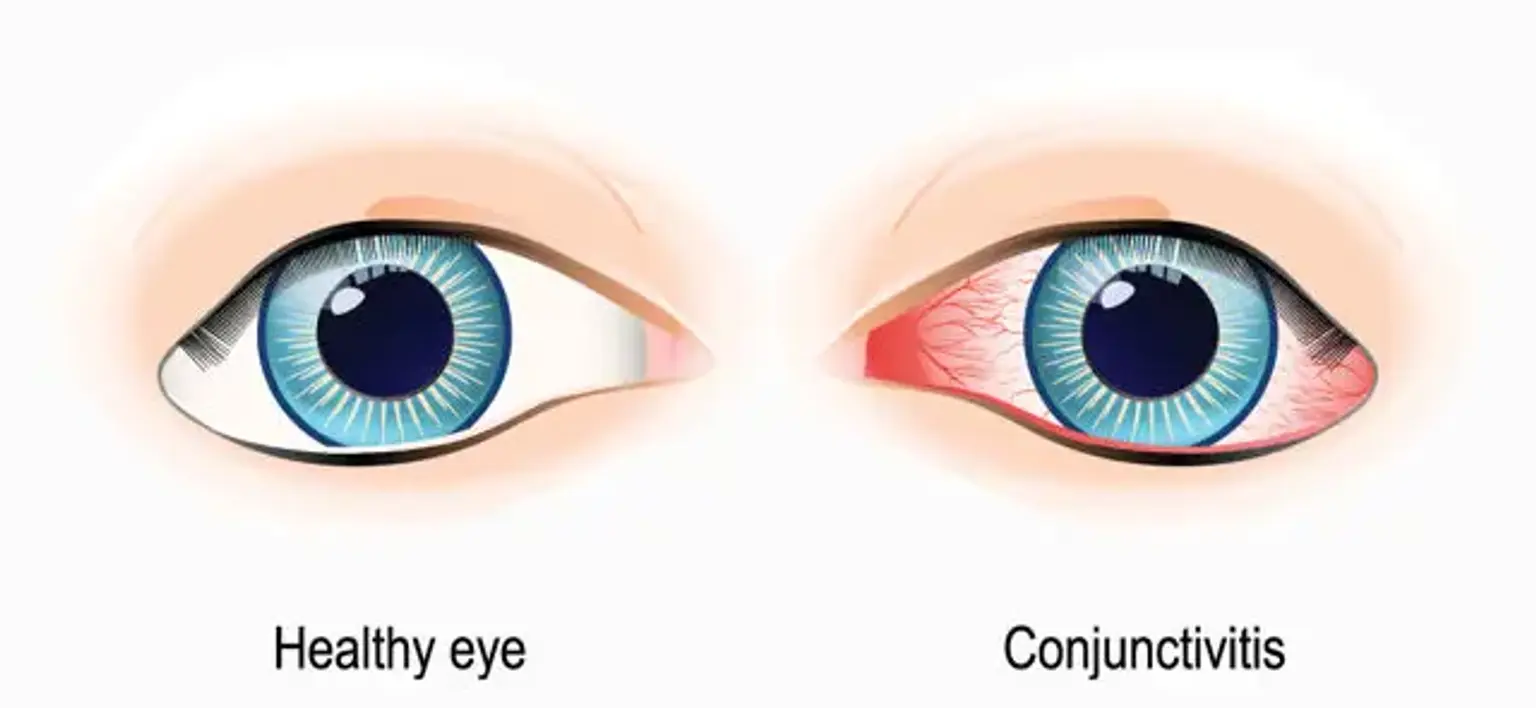Conjunctivitis
Conjunctivitis, also known as the pink eye, refers to the infection or the inflammation of the translucent membrane (conjunctiva). This is the lining of the eyelid that encloses the white area of the eyeball.
Tiny vessels within the conjunctiva get more noticeable as they get irritated. As a result, the whites of the eyes look pink or reddish. An allergic reaction, viral or bacterial infection, or partially opened tear ducts in children are the most common causes of conjunctivitis.
Although conjunctivitis might be irritating, it seldom causes vision problems. Fortunately, it can be relieved with various treatments. Because conjunctivitis is contagious, it is best to diagnose and treat it as early as possible.
